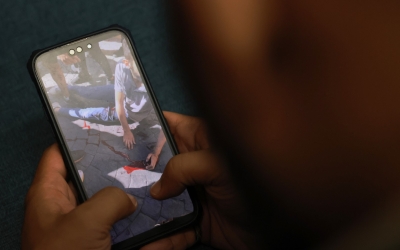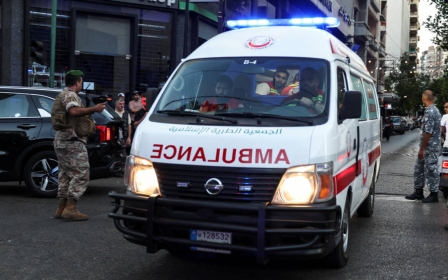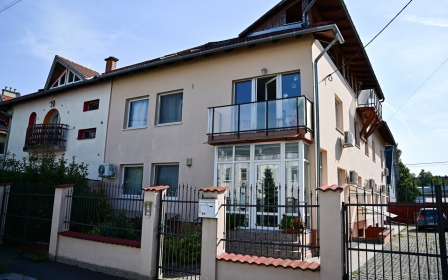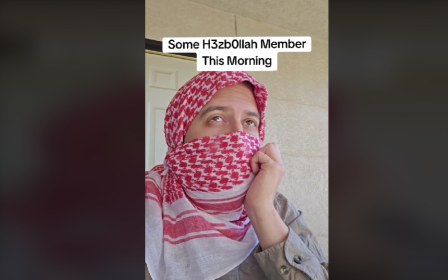Emirates airline bans pagers and walkie-talkies after Lebanon blasts

The Emirates airline has banned pagers and handheld radios, known as walkie-talkies, from being transported on their flights.
In a travel notice published Friday, the United Arab Emirates’ flagship carrier announced that passengers are prohibited from carrying these devices on flights to, from or via Dubai, whether in checked or cabin baggage.
If found, Dubai Police would confiscate them, Emirates said.
The announcement comes days after Israel hit Lebanon with two attacks, detonating booby-trapped pagers and radios belonging to Hezbollah on 17 and 18 September.
The attacks killed dozens of people and wounded hundreds more.
New MEE newsletter: Jerusalem Dispatch
Sign up to get the latest insights and analysis on Israel-Palestine, alongside Turkey Unpacked and other MEE newsletters
Shortly after the blasts, the Lebanese government issued a directive prohibiting passengers from carrying pagers and walkie-talkies on board any aircraft at Beirut Rafic Hariri International Airport.
Though it is not confirmed how the explosions were orchestrated, several news outlets reported that the Mossad foreign intelligence agency had infiltrated Hezbollah's supply chains and planted explosives in the devices.
The exploded pagers had the branding of Gold Apollo, a Taiwanese electronics manufacturer.
The company's president and founder, Hsu Ching-kuang, denied manufacturing the pagers in question and said they were produced by BAC Consulting KFT, a Budapest-based company licensed to use the brand.
In Hungary, BAC Consulting’s single registered owner, Cristiana Barsony-Arcidiacono, told the media: "I don't make the pagers. I am just the intermediate. I think you got it wrong."
Three intelligence officers briefed on Israel’s operation told the New York Times that BAC was, in fact, an Israeli front.
The sources said that at least two other shell companies were created to mask the true identities of the pager manufacturers: Israeli intelligence officers.
Meanwhile, a Japanese manufacturer said it was launching an investigation after its name was on the handheld radios that exploded on Thursday.
Several of the exploded handheld radios had the name "Icom" printed on them. Icom is a telecommunications equipment manufacturer based in Osaka, Japan. The company said it discontinued the device in question a decade ago.
Days after the radio blasts, Israel launched a large-scale aerial campaign across Lebanon, killing nearly 1,500 people in less than two weeks.
According to the Lebanese health ministry, Israeli forces have killed more than 2,000 people in Lebanon since 8 October 2023.
The escalation was topped earlier this week, with Israel announcing the start of its invasion of southern Lebanon.
Middle East Eye delivers independent and unrivalled coverage and analysis of the Middle East, North Africa and beyond. To learn more about republishing this content and the associated fees, please fill out this form. More about MEE can be found here.





